Saudi Arabia has no justification for its aggression on Yemen: Information minister
Yemeni Information Minister Daifullah al-Shami says the recent claims made by the Saudi war on Yemen came as the alliance has no justification left for its aggression on the impoverished country.
The coalition has claimed that its recent attacks on the Yemeni capital, Sana’a, were against military targets and that Lebanon’s Hezbollah resistance movement is involved in Yemen.
Speaking in an interview with Lebanon’s al-Mayadeen television network, al-Shami described the claims as “a broken record” to justify the attacks on civilians in Yemen.
He noted that the Saudi-led coalition resorts to “flimsy excuses” to justify the massacres it commits in Yemen.
The minister noted that Saudi Arabia intensified its attacks on Sana’a International Airport in response to international pressure to reopen the airport.
A-Shami argued that Saudi Arabia launched the war on Yemen because of Sana’a’s support for the Palestinian cause.
He said the Palestinian cause “is our central and first cause, and the aggression was launched on us to stop that direction in Yemen.”
The minister refuted Saudi claims that commanders of Lebanon’s Hezbollah resistance movement are supporting the Yemeni forces in their fight against the Saudi-led coalition, saying, “The Saudi coalition talks about the presence of Iranian experts and [experts] from Hezbollah [in Yemen], and does not provide any evidence.”
“If we had experts from Hezbollah and Iran providing [us] with support, we would be proud of them.”
Al-Shami also said that Saudi Arabia was surprised by a retaliatory Yemeni attack that hit targets deep within its soil, noting that the kingdom is “unable to confront the Yemeni fighters and the weapons they make.”
He noted that the United States backed the coalition in its war on Yemen “in order to pass its agenda through it.”
He noted that Washington has tried to stop the battle of Ma’rib, which it has described as “its own battle” after the Yemeni army and popular committees scored territorial gains in the province.
“The battle in Ma’rib is ongoing against the coalition of aggression” backed by US warplanes and extremist groups.
He noted that Washington is the “main sponsor and supporter of extremist groups in Yemen.”
He further said that there is no difference between Saudi Arabia’s Crown Prince Mohammed bin Salman, the kingdom’s de facto ruler, and the leader of the al-Qaeda terrorist group.
“We don’t differentiate between Mohammed bin Salman and the leader of al-Qaeda organization in Yemen.”
Since last summer, the Yemeni army and its allied fighters have been involved in an operation to liberate Ma’rib from militants allied with the former Riyadh-allied regime.
The militants, despite receiving heavy aerial back-up from the Saudi-led military coalition, have suffered huge losses on the battlefield, with the army forces expected to liberate the city in the near future.
Ma’rib, where many oil and gas resources of Yemen are located, currently has the largest concentration of militants loyal to Saudi Arabia. The province’s recapture will thus mark a turning point in the defense campaign against the Riyadh-led war coalition.
Commenting on the case of Lebanon’s former Information Minister George Kordahi, he said “George Kordahi expressed a free, humanitarian and patriotic stance that honors all Lebanese.”
Kordahi submitted his resignation earlier this month to ease tensions with Saudi Arabia amid a pressure campaign launched by Riyadh against Beirut in response to his comments critical of the years-long war on Yemen.
Al-Shami noted that the international community was silenced on the crimes committed against the Yemenis by the Saudi money, adding that Washington has also been gagging opponents of the aggression.
“The US is silencing mouths so that no one expresses solidarity with Yemenis,” he said.
Saudi Arabia, backed by the United States and regional allies, launched the war on Yemen in March 2015, with the goal of bringing former Yemeni president Abd Rabbuh Mansour Hadi’s government back to power and crushing the popular Ansarullah resistance movement.
The war has left hundreds of thousands of Yemenis dead and displaced millions more. It has also destroyed Yemen’s infrastructure and spread famine and infectious diseases there.
Despite heavily-armed Saudi Arabia’s incessant bombardment of the impoverished country, the Yemeni armed forces and the Popular Committees have grown steadily in strength against the Saudi invaders and left Riyadh and its allies bogged down in the country.
Jan. 15: ‘Axis of Resistance’ operations against Israeli occupation
VIDEO | US fires: Criticism mounts over govt. failure to respond
VIDEO | Fears, hope in Gaza amid intensified ceasefire efforts
VIDEO | Press TV's news headlines
Hamas: Ceasefire agreement result of steadfastness, resistance in Gaza over 15 months
Hamas thanks Iran, Resistance Front following achievement of ceasefire in Gaza
'Capitulation': Israeli officials and media concede Gaza defeat as truce unfolds
'Gaza has won': Social media users react to ceasefire with mix of relief, joy


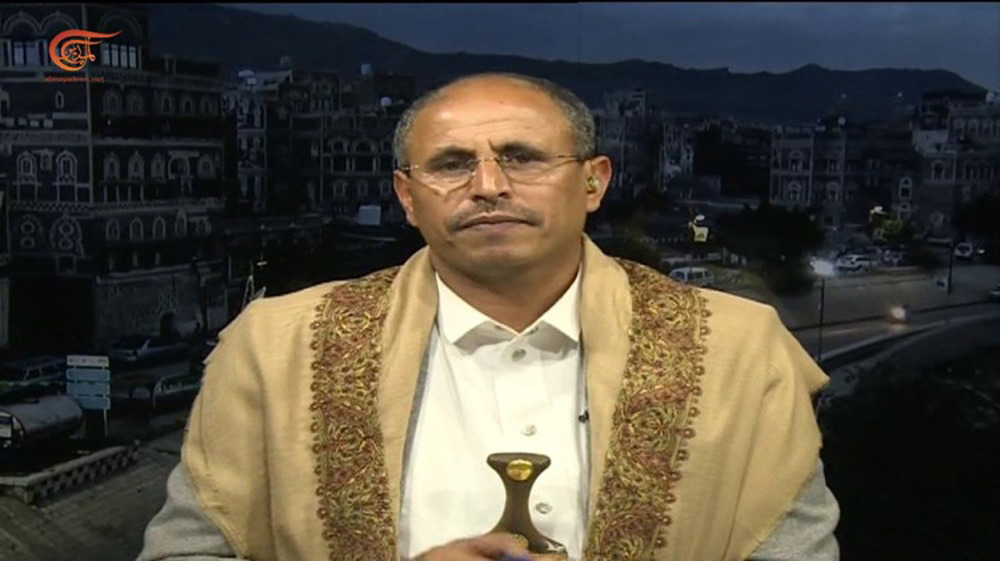
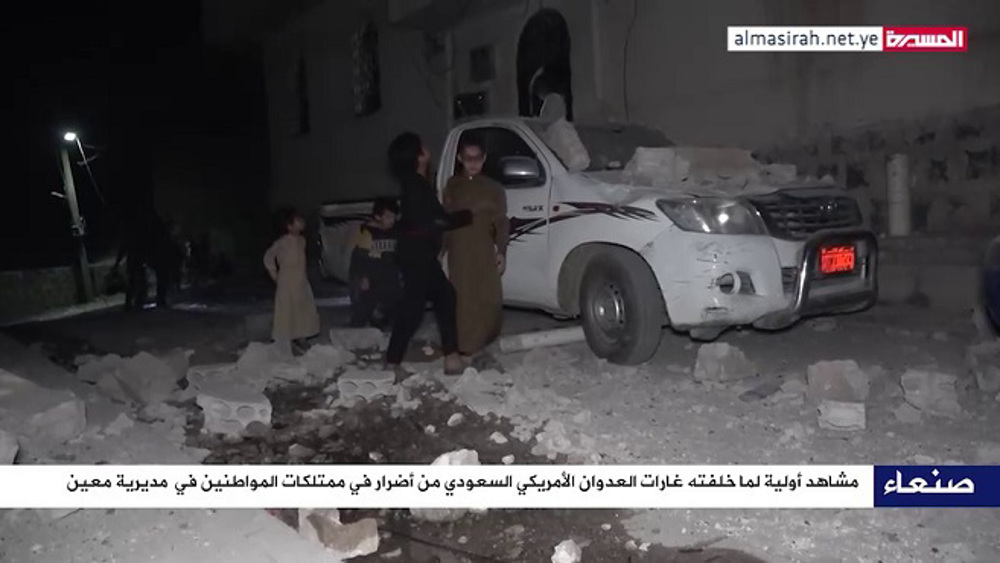
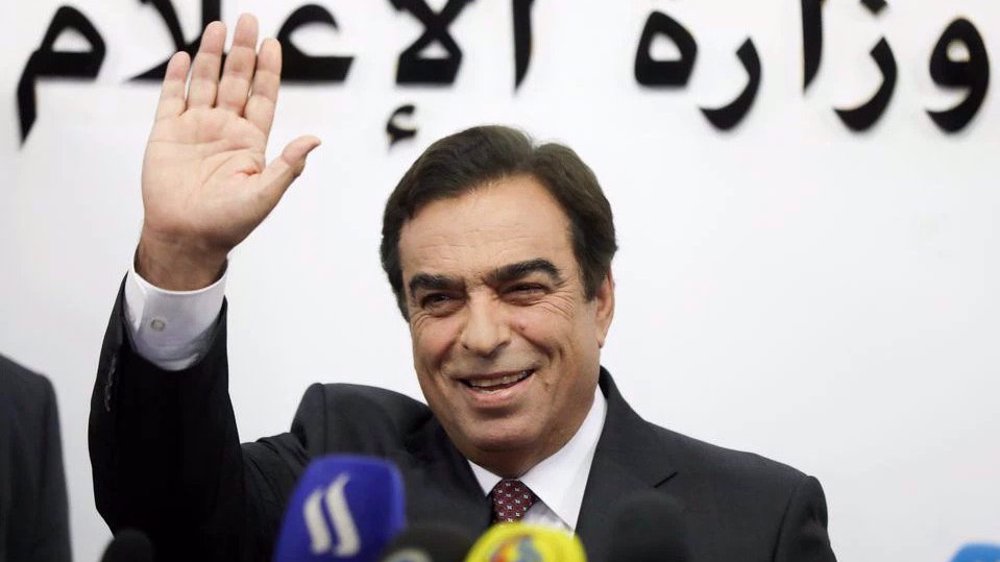
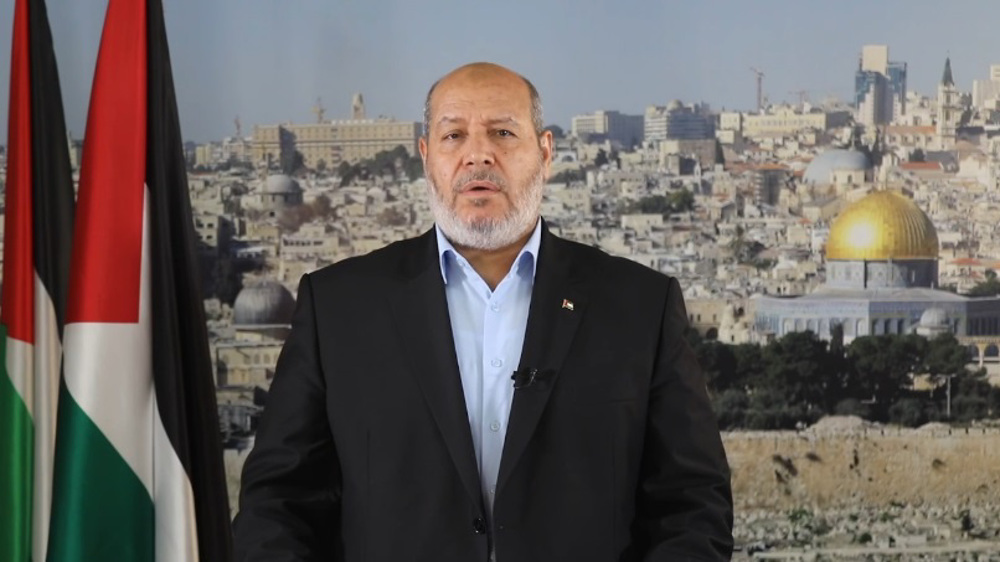
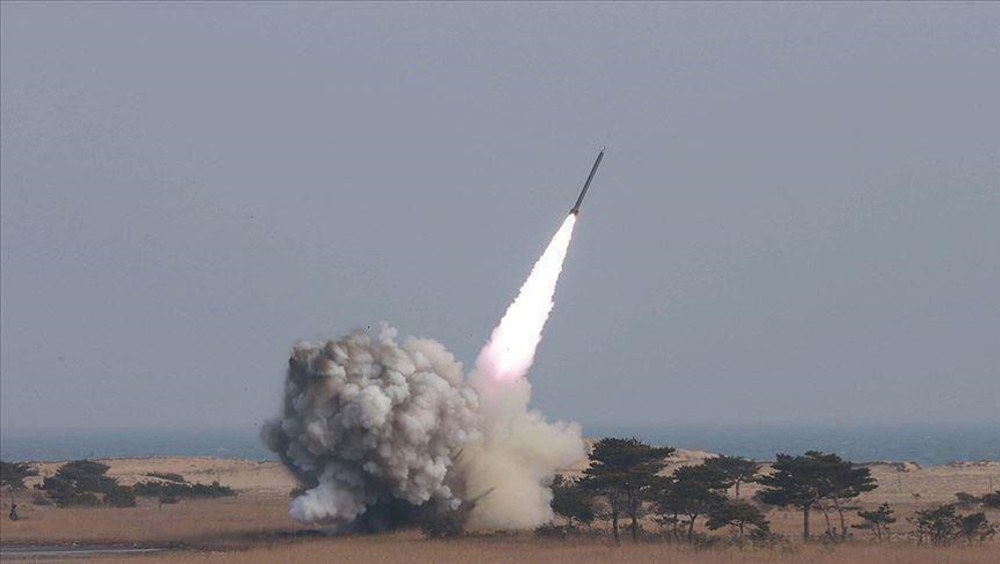
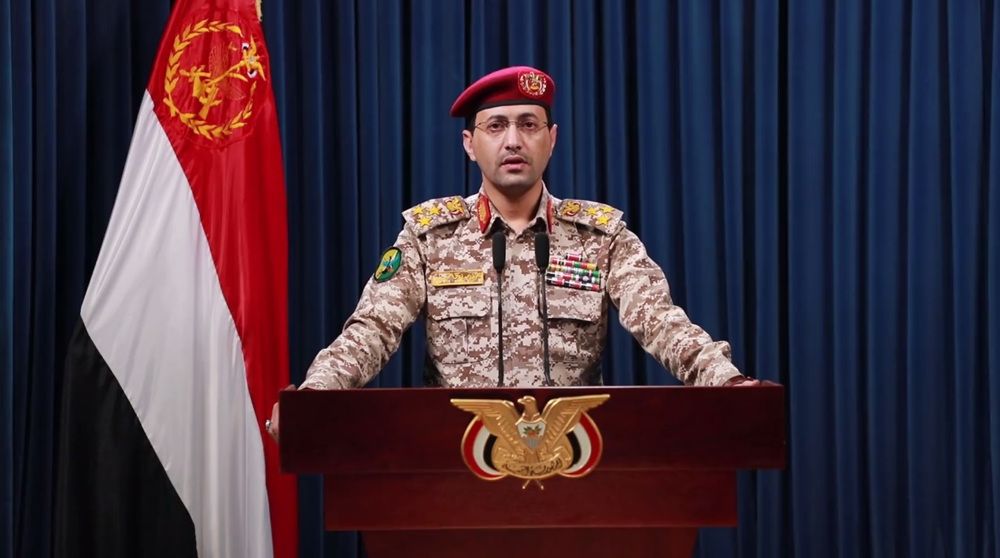



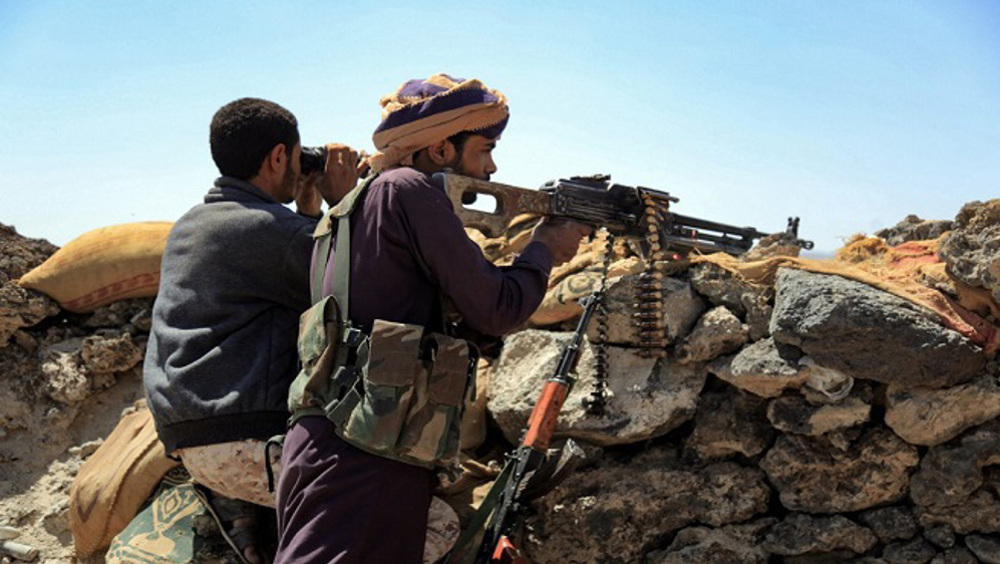

 This makes it easy to access the Press TV website
This makes it easy to access the Press TV website